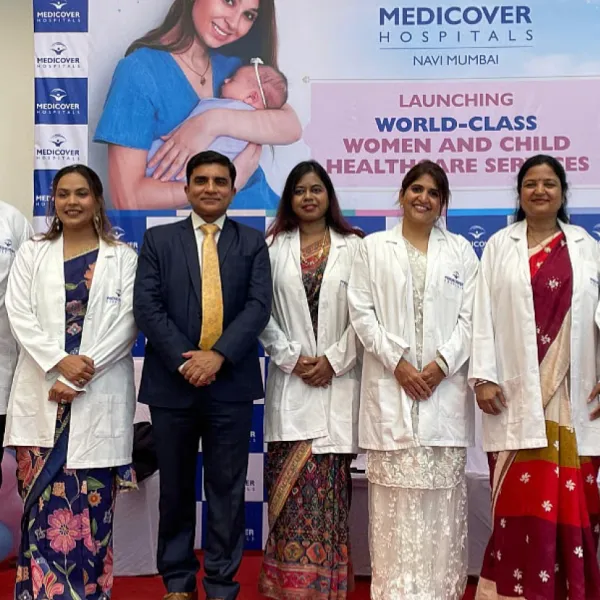India Advances Cervical Cancer Prevention with New HPV Test Kits

He described this initiative as a significant milestone in preventive healthcare, achieved under the Department of Biotechnology (DBT) within the Ministry of Science & Technology.
Union Minister Dr Jitendra Singh chaired a high-level review meeting in the capital with key government and private stakeholders to assess the status and performance of indigenously developed HPV test kits for cervical cancer screening.
The meeting was attended by representatives from the Department of Biotechnology (DBT), AIIMS New Delhi, BIRAC, ICMR, and industry partners.
Highlighting India’s high cervical cancer burden, Dr. Singh stated, “According to WHO data, 1 in every five women globally suffering from cervical cancer is from India. With 25% of global cervical cancer deaths occurring in India—often due to late diagnosis—there is a critical need for preventive screening strategies.”
The meeting focused on the outcomes of the GCI-BIRAC-DBT initiative titled “Validating Indigenous Human Papilloma Virus (HPV) Tests for Cervical Cancer Screening in India,” which has led to the development of rapid, point-of-care, RT-PCR-based diagnostic kits. These were tested across leading R&D institutions.
Dr. Singh emphasized the limitations of current screening methods, such as VIA/VILI, Pap smears, and HPV DNA tests, noting their cost, infrastructure needs, and limited sensitivity. “The ultimate objective is to enable affordable, accessible, and ideally mass screening for cervical cancer,” he said.
He further stated, “It becomes a national responsibility to safeguard our youth and offer them timely prevention if we aim to harness their energy for building the India of 2047.”
Dr. Singh outlined four strategic areas of focus: preventive healthcare, youth-centric interventions, women’s health, and private sector collaboration. Stressing the importance of integrated efforts, he referred to this as a “whole-of-science and whole-of-government approach.”
Reiterating the need for collaborative models, Dr. Singh introduced the concept of “PPP plus PPP”—public-private Partnerships, both domestic and international—as essential to strengthening India's healthcare response. He cited examples, including India’s indigenous DNA vaccine and the recent gene therapy trial in hemophilia published in the New England Journal of Medicine.
Commenting on India's rank in cervical cancer morbidity, he stated, “India ranks fourth globally in cervical cancer-related morbidity. While HPV is not the only cause, studies show a 90% correlation, reinforcing the case for targeted preventive measures.”
The meeting was also attended by Dr. V.K. Paul, Member, NITI Aayog; Dr. Rajesh Gokhale, Secretary, DBT; Jitendra Kumar, MD, BIRAC; and Dr. Neerja Bhatla, gynecologic oncology expert. Their contributions were focused on evaluating clinical outcomes and public health implications.
Before the scientific discussions began, a two-minute silence was observed in memory of those killed in the recent Pahalgam terror attack.
Stay tuned for more such updates on Digital Health News.
Stay tuned for more such updates on Digital Health News































